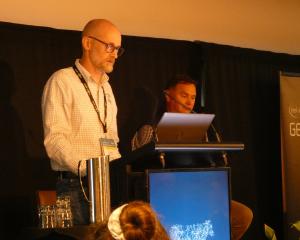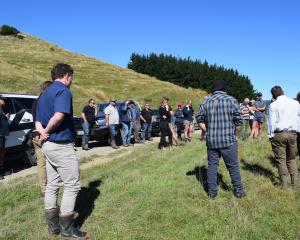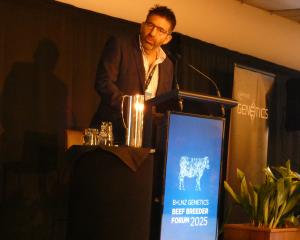
Beef + Lamb New Zealand’s (B+LNZ) latest sheep and beef on-farm inflation report shows a 2.8% inflation rate for 2023-24 compared with 16.3% the previous year.
That’s providing small comfort to farmers dealing with high farm input prices continuing to put pressure on farm profitability.
Chairwoman Kate Acland said the lower inflation rate was positive, but it remained off the back of large rises in costs the past two years.
"We’ve looked at a 32% increase between the 2020-21 and this year, so yes it is positive it has come down, but the reality is things are incredibly tough right now," the Mid Canterbury farmer at Mt Somers Station said.
"Prices are significantly ahead of where they were two or three years ago."
She said the perfect storm of low product prices at the bottom of the cycle coupled with on-farm inflation was being felt by farmers.
Mrs Acland said the broad range of price increases including for insurance and animal health could not be dropped out of the farm budget.
"Interest rates are the one that’s persistently high and having a significant impact. Now obviously that will be different for different farms and people have different levels of debt, but interest rates are really adding to the pain at the minute."
A 12% increase in interest costs is contributing half of the overall 2.8% inflation rate in the past year, as borrowing is a big item for farming businesses.
High interest costs — varying in terms between banks, but often higher than 8% — have been particularly difficult for farmers, disrupting their cash flow and profitability.
"Obviously any relief would be welcome and that magic number would depend on people’s circumstances, but I think also what’s not happening is there’s still a lot of uncertainty around interest rates and when they will start to soften."
Insurance costs rising 8.7% and animal health expenses rising 8% were further straining farm budgets.
Some relief was being provided by the lower cost of fertiliser, lime and seeds, which decreased 4.2%.
B+LNZ predicts sheep and beef incomes will be 54% lower this year with most farmers failing to make a profit as a result of increased costs and softer prices for sheepmeat.
Mrs Acland said farmers were under enormous pressure financially.
She said farmers were reining in every cost they could and making decisions with a long-term focus and trying to avoid impacting next season’s production.
"It’s not just farmers feeling this. The knock-on impact to our rural communities and smaller regional towns is huge so we absolutely recognise farms are doing it tough, but so are those businesses in those rural and regional communities."
Conditions were mixed around the country, but areas such as Hurunui in North Canterbury were dry and that had added to the challenging situation for farmers. Some of them with feed shortages were heading into winter and having to make some tough decisions, she said.
On-farm inflation was lower than consumer price inflation, which was 4% in the year to last March.
Calls for an independent inquiry into rural banking have been rising with farmers unhappy that banks are charging them higher interest rates than residents and businesses in towns.
Last week the government announced it would carry out an independent inquiry into rural banking.
This was cautiously welcomed by Federated Farmers, which still has reservations about whether it will have a strong rural focus.
"The announcement of an independent inquiry is a great first step towards a fairer banking system for farming families," Federated Farmers spokesman Richard McIntyre said.
"But it’s important to remember that it’s only the first step. There’s still a lot of hard work that needs to be done to ensure the inquiry results in real change for farmers."
Mr McIntyre said the terms of reference and who ended up sitting around the table would be what "makes or breaks" the inquiry.
A banking survey last month by the farmer group showed the number of farmers satisfied with their banking relationship had nose-dived from 80% five years ago to 51%.













